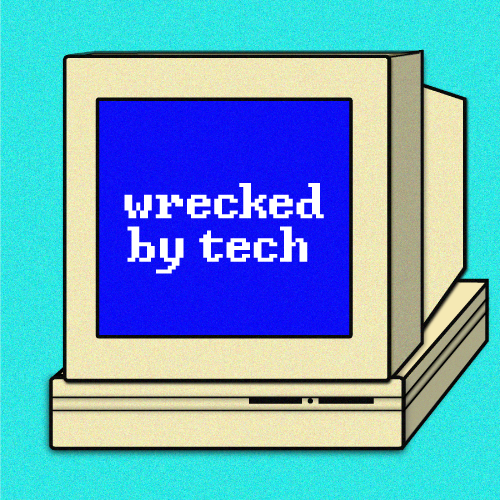Are you abusing the scholarly version of "yada yada yada"? [embed]https://www.youtube.com/watch?v=O6kRqnfsBEc[/embed]
I do not own the rights to this video.
Hands up if you know how to use et cetera. Keep them up if you know what it means.
Did you actually put your hand up? Why would you—okay, put it down, it was a figure of speech.
Speaking of figures of speech...
Et cetera (sometimes as one word, etcetera) is a Latin phrase, which literally means "and the rest (of such things)." Et means "and" and cetera means "the rest." That's pretty straightforward, yes? Yes.
But...
There are two important things you should know about et cetera.
First of all, (and I've said this before), it's absolutely not pronounced "Ecks-cetera." It's et cetera, now and forever. No "ex," or "ecks," just "ett."
Second of all, you should only use et cetera (or, more likely, etc.—always with a period at the end) when the rest of the phrase would be unnecessary. That is, if the rest of your sentence is implied and easily discovered, use etc.
For example, let's say you're listing off a director's filmography. That's a finite number of movies, so using etc. would be fine:
My favourite director is Guy Ritchie. He's written and directed quite a few British crime films: Snatch; Lock, Stock and Two Smoking Barrels; RocknRolla; etc.
If you were describing your day—which most people won't be able to Google—you can't use etc.
This morning I woke up, ate breakfast, etc. I'm exhausted.
In that case, I guess etc. is actually nothing like "yada yada yada."
I suppose that's further evidence to support not using "yada yada yada" in scholarly papers.
